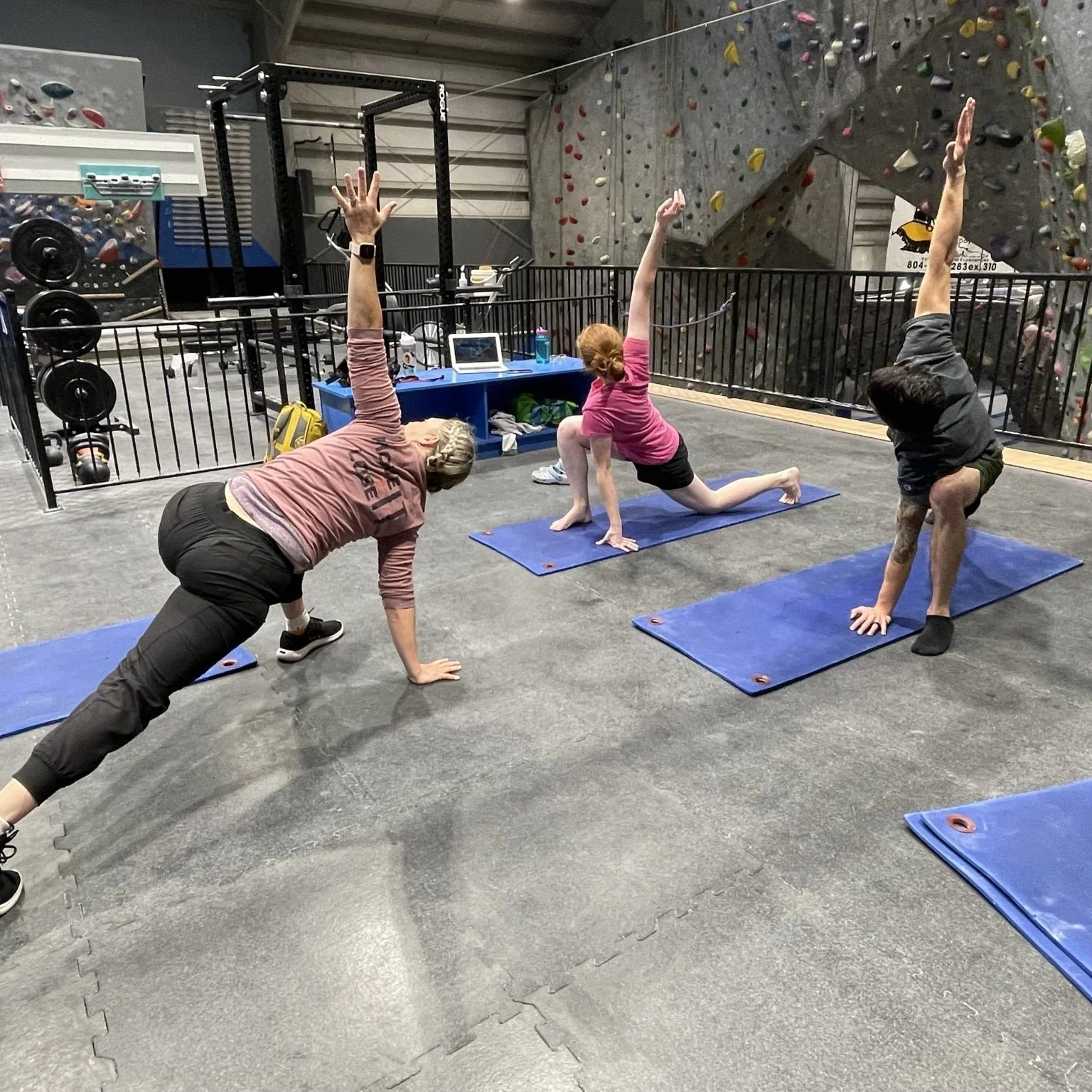The Physical Therapist’s Role in Off-Season Training for Athletes
The off-season is a critical period for athletes—not just for rest, but for recovery, injury prevention, and performance improvement. While competition seasons push the body to its limits, the off-season offers a valuable opportunity to address weaknesses, improve strength, and fine-tune movement mechanics.
This is where physical therapists play a vital role. At Ascend Physical Therapy in Richmond, VA, we specialize in performance physical therapy, helping athletes stay strong, healthy, and prepared for their next season. By focusing on mobility, strength training, and injury prevention, we ensure that athletes return to their sport faster, stronger, and more resilient.
In this article, we’ll explore why off-season training is essential, how physical therapists support an athlete’s development, and the key components of an effective off-season program.
Why Off-Season Training Matters for Athletes
For many athletes, the off-season is often seen as a time to rest—but it’s also a crucial phase for long-term performance and injury prevention. A well-structured off-season program helps athletes maintain their fitness levels, recover from the demands of competition, and build a foundation for the upcoming season.
Here’s why off-season training is essential:
1. Maintains Strength, Flexibility, and Endurance
Taking a complete break from physical activity can lead to muscle deconditioning, reduced flexibility, and cardiovascular decline. Off-season training ensures that athletes maintain functional strength and endurance, preventing a steep drop in performance when they return to their sport.
2. Reduces the Risk of Overuse Injuries
Many injuries occur when athletes fail to address underlying weaknesses. The off-season provides a chance to correct movement imbalances, strengthen stabilizing muscles, and enhance mobility, ultimately reducing the risk of injury in the next season.
3. Enhances Movement Efficiency and Athletic Performance
Off-season training allows athletes to refine their mechanics, improve balance, and develop better neuromuscular control. These improvements lead to better coordination, increased power, and enhanced agility, which translate to better performance in competition.
By taking a strategic approach to training in the off-season, athletes can come back stronger, more resilient, and better prepared for the physical demands of their sport.
Key Components of a PT-Guided Off-Season Program
A well-structured off-season program isn’t just about maintaining fitness—it’s about building a stronger, more resilient athlete. At Ascend Physical Therapy, we develop comprehensive, individualized training plans that focus on injury prevention, strength, mobility, and sport-specific performance.
Here are the key components of a PT-guided off-season program:
1. Injury Prevention & Rehabilitation
Addressing past injuries to prevent recurrence.
Identifying movement compensations that increase injury risk.
Using manual therapy, corrective exercises, and neuromuscular retraining to enhance recovery.
2. Strength & Conditioning
Developing explosive power and endurance for better in-game performance.
Strengthening stabilizer muscles to improve joint stability.
Incorporating resistance training to enhance force production and agility.
3. Flexibility & Mobility Training
Increasing range of motion to reduce stiffness and improve movement efficiency.
Using dynamic stretching, foam rolling, and mobility drills to optimize performance.
Preventing muscle tightness that can contribute to strains and sprains.
4. Sport-Specific Training
Tailoring exercises to mimic the demands of the athlete’s sport.
Enhancing speed, agility, and reaction time with sport-specific drills.
Refining movement mechanics to improve technique and efficiency.
By following a structured, PT-guided off-season plan, athletes can return to their sport stronger, faster, and more resilient—ready to perform at their peak while minimizing injury risk.
Off-season training is more than just a break from competition—it’s an opportunity to strengthen the body, prevent injuries, and enhance athletic performance. By working with a physical therapist, athletes can correct imbalances, build resilience, and prepare for a stronger return to their sport.
At Ascend Physical Therapy in Richmond, VA, our performance physical therapy programs are designed to help athletes maximize their potential. Whether you’re recovering from an injury or looking to improve strength and mobility, our expert team will create a personalized off-season training plan tailored to your sport and goals.
Take the next step—schedule an off-season training evaluation at Ascend PT today!

